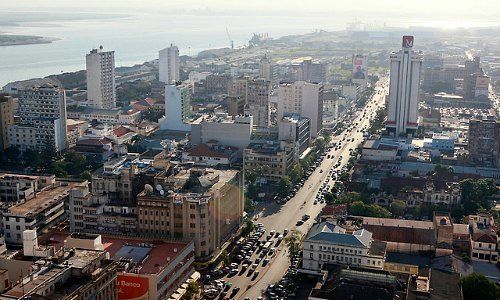Credit Suisse Revisits Mozambique
Credit Suisse is in the spotlight in Mozambique – for efforts to restructure part of $1 billion in defaulted debt.
The Swiss bank is spearheading a consortium of lenders seeking to restructure hundreds of millions of debts that Mozambique defaulted on, according to «The Wall Street Journal» (behind paywall). Specifically, Credit Suisse has proposed a deal over part of $2 billion in loans granted by the Swiss bank and Russia's VTB Group five years ago – $500 million of which has disappeared.
The move is an unusually public role for Credit Suisse, which has sought to downplay its ties to the oil- and gas-rich eastern African nation. The country defaulted last year, after it surfaced that some funds intended for infrastructure like tuna-fishing boats allegedly went towards military equipment instead.
Linking Payments to Output
Credit Suisse has good reason to downplay its role: the Zurich-based bank and VTB had emitted bonds with a coupon of 8.5 percent for parts of the loans granted to Mozambique, but not told investors it granted further loans to the impoverished country.
The Swiss bank's current proposal calls for interest to be linked to Mozambique's economic output. The nation has been slow to tap offshore gas following the default, claiming it doesn't have the basic infrastructure. Credit Suisse is acting on behalf of institutional investors holding the practically worthless bonds, according to the report.
Cut Off from Capital Market
The move means both Credit Suisse and VTB want to put the matter behind them. Mozambique is cut off from capital markets following its 2017 default and in a clinch with the International Monetary Fund, which wants answers on the disappearance of the funds.
A new Mozambique government has argued that the African nation urgently needs basic investments in health and infrastructure to provider water. It proposed a debt deferral to 2034 earlier this year, which was rejected by its creditors.
Three Probes
Credit Suisse told the «WSJ» it «has been working to develop a sustainable restructuring solution that accommodates the government of Mozambique’s requests and accounts for its current economic circumstances.»
The case has sparked investigations by regulators the American Securities and Exchange Commission, Britain's Financial Conduct Authority, and Switzerland's Finma.




























